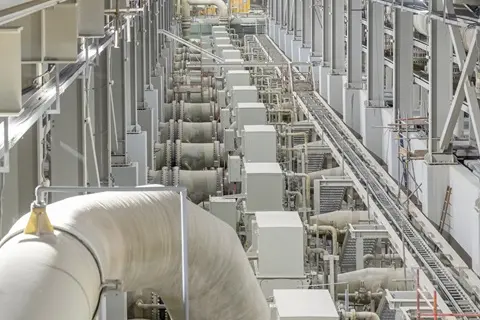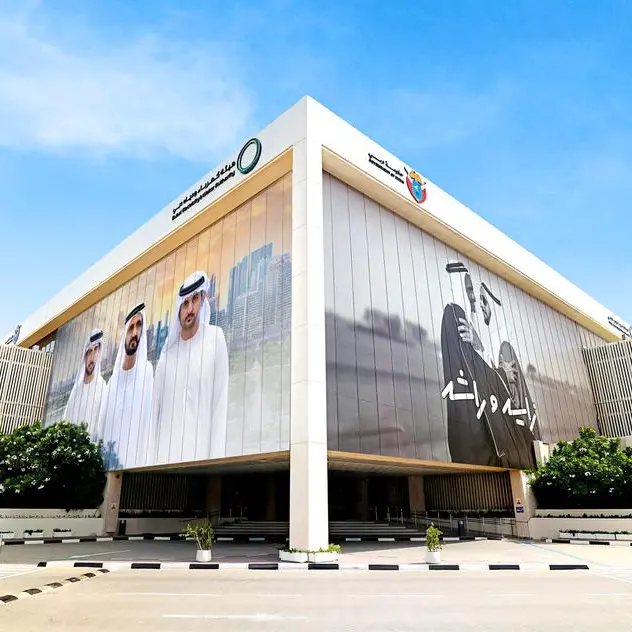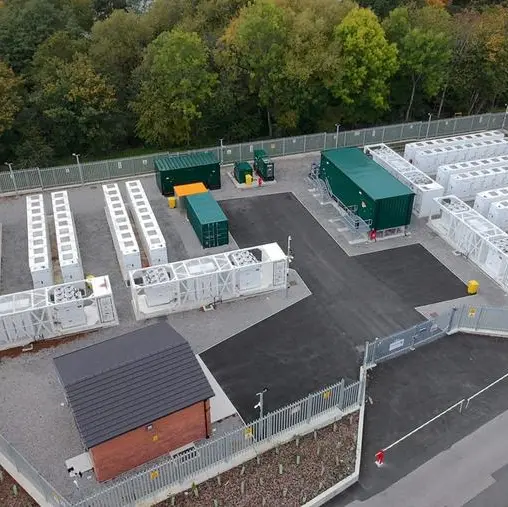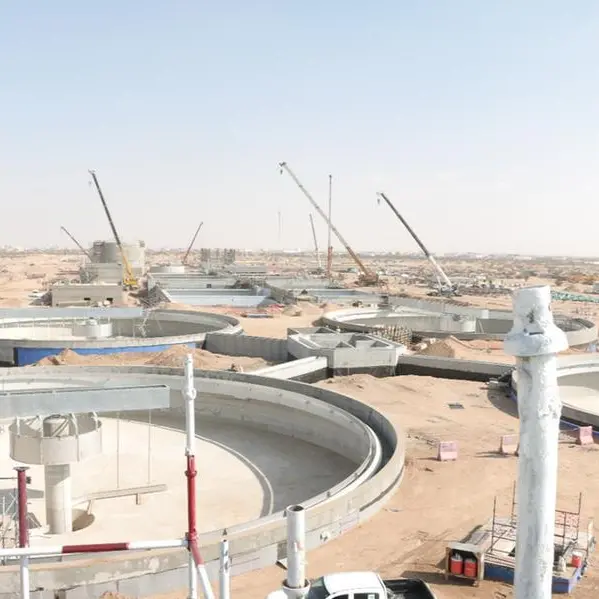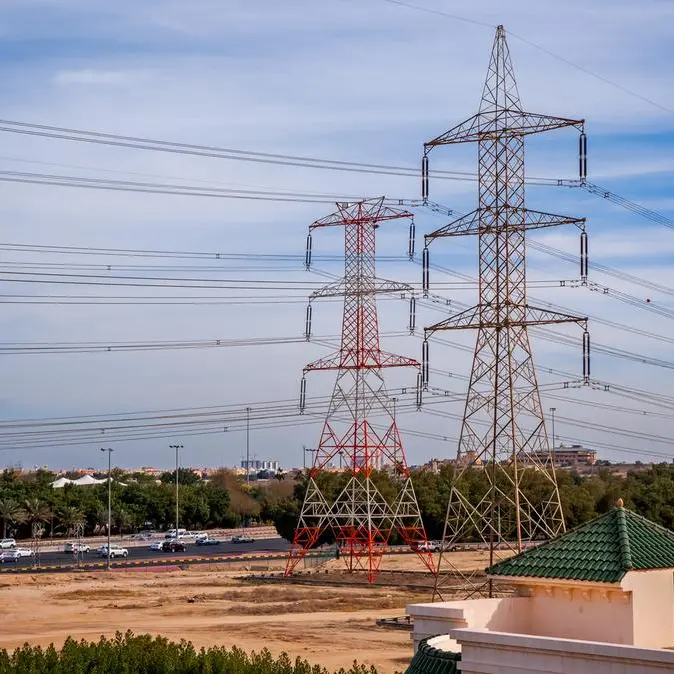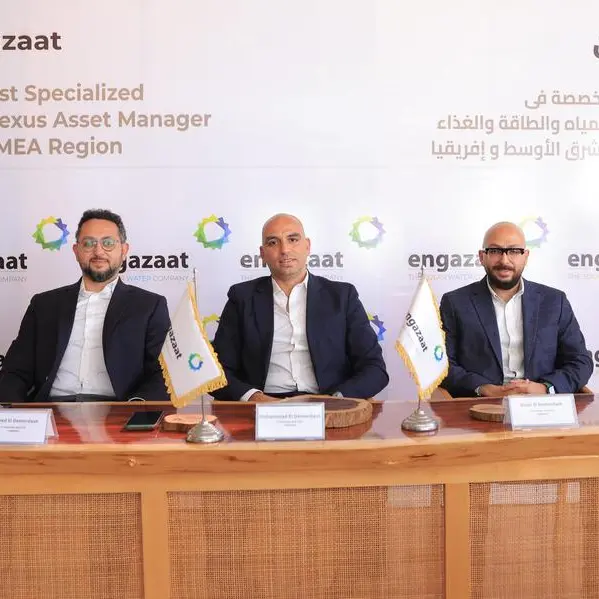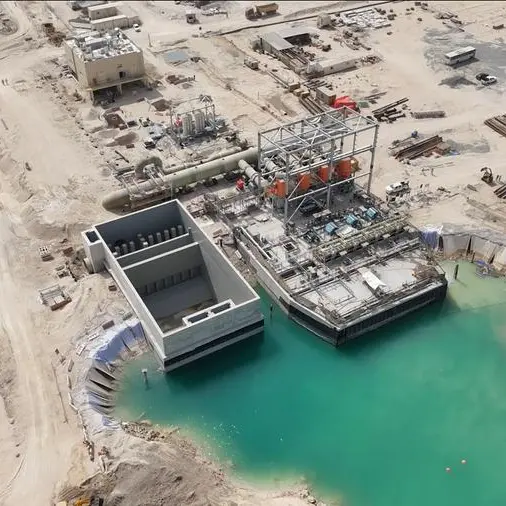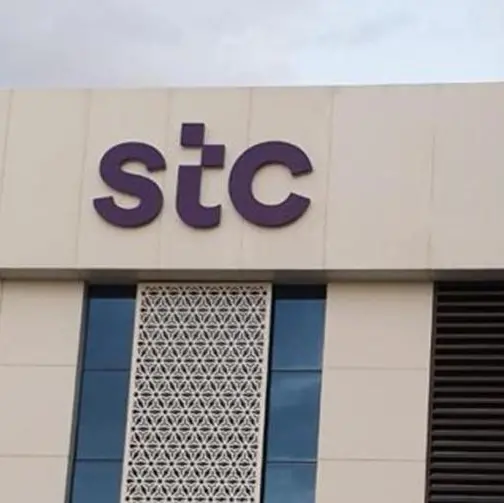PHOTO
Algeria will invest $3 billion in the second phase of its ambitious water desalination expansion, with six new plants planned by 2030.
This initiative is part of a $5.4 billion project to bolster the country’s ability to provide drinking water as it faces increasing climate-related challenges, local news daily Alborsaa reported.
Lotfi Zennadi, CEO of the state-owned Algerian Energy Company, announced that this second phase will follow the commissioning of five new desalination plants in 2024 as part of $2.4 billion Phase 1.
The new plants will raise the amount of drinking water the country can produce from the Mediterranean from 2.2 million cubic metres per day (m3/day) to 3.7 million m3/day.
Together, the 11 sea water reverse osmosis (SWRO) plants, each capable of producing up to 300,000 m3/day of drinking water, will increase Algeria's desalination capacity to 5.8 million m3/day, providing 60 percent of the country's drinking water by the end of the decade.
Algerian Energy Company will operate the plants and charge the state-owned water distribution company Algérienne Des Eaux between 52 to 100 Algerian dinars/m3 ($0.39 to $0.76/m3).
(Writing by Majda Muhsen; Editing by Anoop Menon)
Subscribe to our Projects' PULSE newsletter that brings you trustworthy news, updates and insights on project activities, developments, and partnerships across sectors in the Middle East and Africa.
